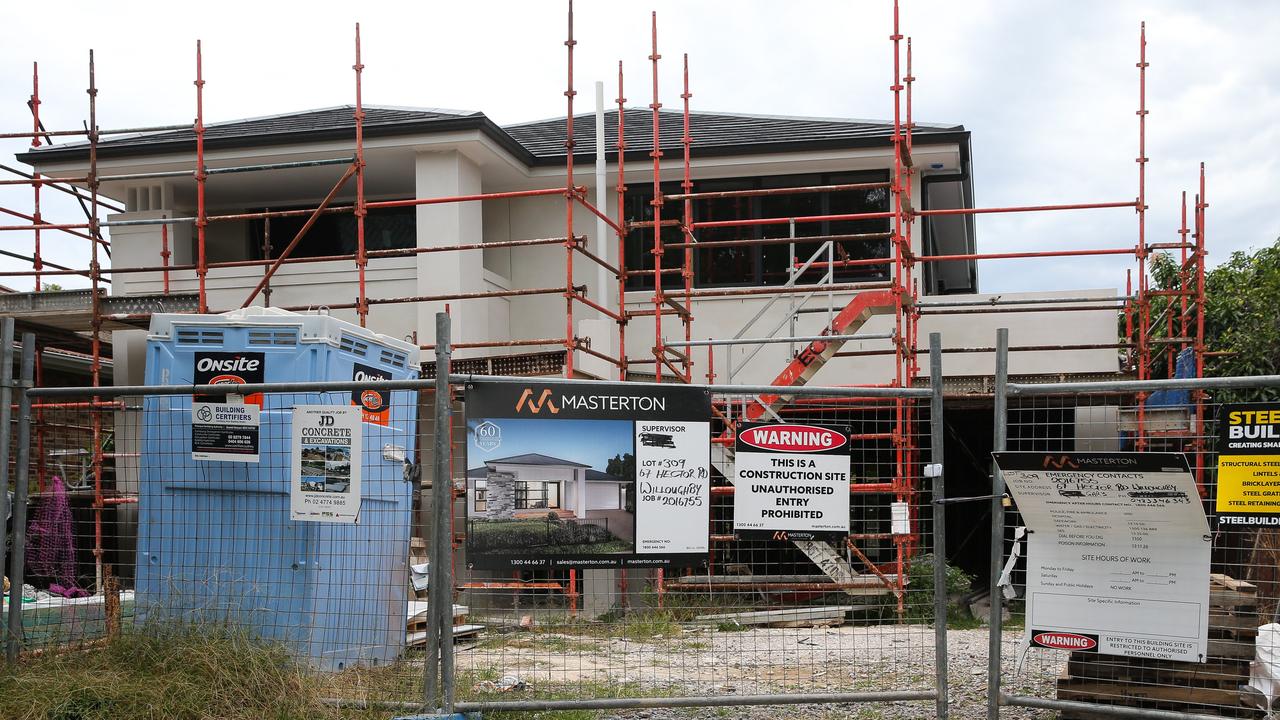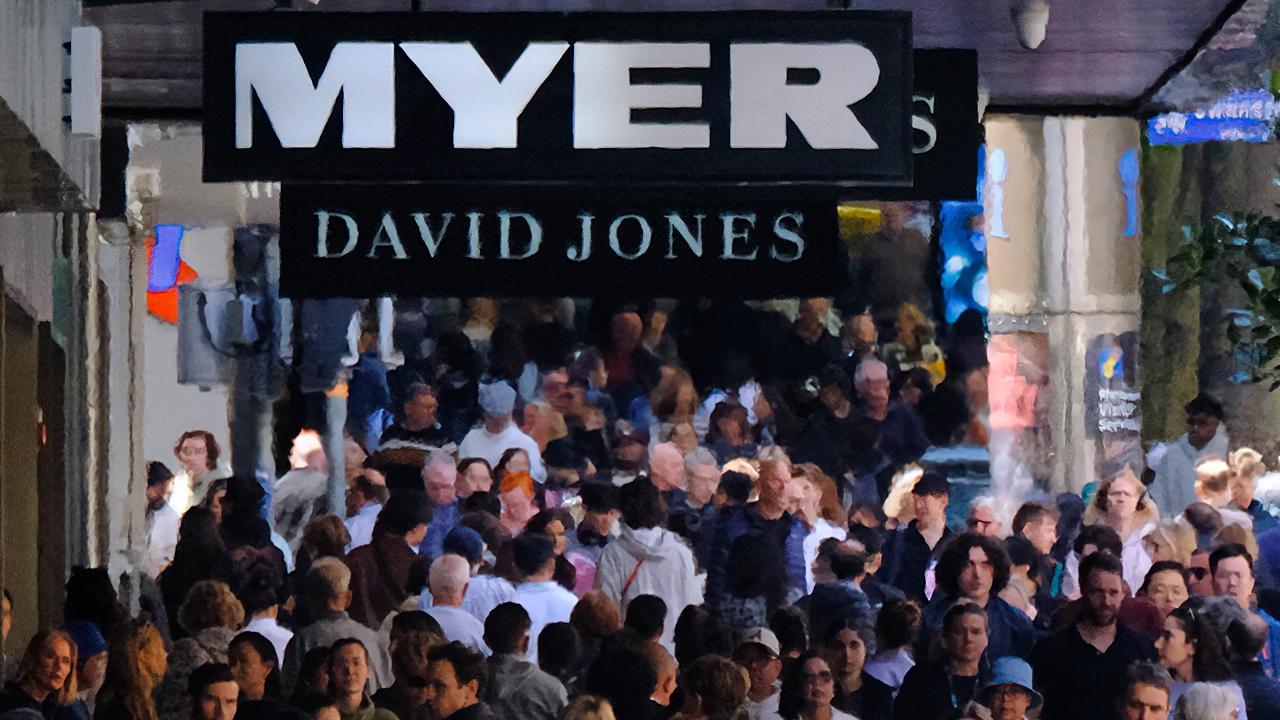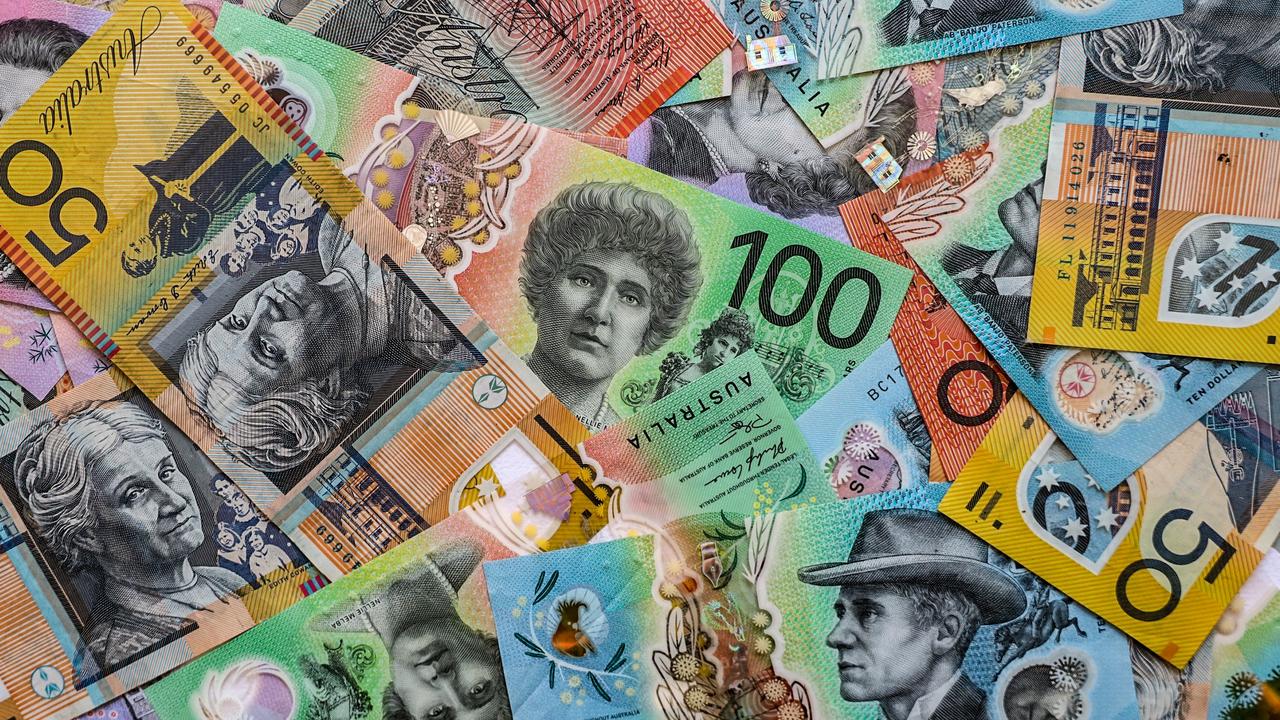Inflation to hit 17-year high
INFLATION is expected to have grown further in the first quarter of 2008, as food, petrol and commodity prices soared. Rising inflationary pressures...
Inflation to hit 17-year high
INFLATION is expected to have grown further in the first quarter of 2008, as food, petrol and commodity prices soared.
Rising inflationary pressures could pave the way for a further rate hike in May, although most economists expect rates to be on hold for the rest of this year before falling in 2009.
Reserve Bank of Australia (RBA) governor Glenn Stevens has already forecast annual underlying inflation to reach 4 per cent in the March quarter - its highest level since 1991.
This would leave inflation well above the central bank's longstanding comfort band of 2 to 3 per cent.
However, the central bank also expects price pressures to ease from mid-2008, as earlier rate hikes in August, November and February work to slow domestic demand.
Highest result in 17 years
The Australian Bureau of Statistics March quarter consumer price index (CPI) report, due on Wednesday April 23, is expected to show headline inflation rising by 1.2 per cent in the quarter and 4 per cent over the year.
The underlying rate - averaging the RBA's preferred trimmed mean and weighted median measures - is forecast to rise by 0.9 per cent in the quarter for an annual rate of 3.8 per cent, according to a median of 10 economist forecasts gathered by AAP.
This would be the highest result since the September quarter of 1991, when core inflation soared to 4.4 per cent, but could represent a peak in the inflation cycle.
In the December quarter of last year, the CPI rose to 3 per cent while the underlying rate, which excludes volatile items, was 3.6 per cent.
"It's make or break for interest rates," CommSec chief equities economist Craig James said.
"If the inflation figures are well-behaved then borrowers can look forward to an extended period of stable interest rates."
ANZ economist Riki Polygenis said the RBA would be unlikely to raise rates in next month, after its May 6 board meeting, unless inflation surprised on the upside.
Drought pushing food prices higher
Ms Polygenis says higher petrol and agricultural commodities prices could have pushed the annual CPI up to 4.1 per cent in the quarter.
"We've got reasonably solid food price inflation partly because of the drought and higher global agricultural commodity prices," she said.
Crude oil hit a record $US115 a barrel this week, as domestic petrol prices surged past $1.50 a litre.
JPMorgan economist Helen Kevans, who expects annual underlying inflation growth of 3.8 per cent, said price pressures were unlikely to ease in the short term.
"There's no evidence inflation pressures will ease any time soon given energy costs, prices for food and other consumer goods," she said.
Petrol tipped to drop
But Lehman Brothers chief economist Stephen Roberts, who also expects core inflation growth of 3.8 per cent, said crude oil prices were likely to recede around Christmas, as the US, the United Kingdom, Japan and France economies slow.
"I would not be surprised to see petrol a good deal lower than where it is now," he said.
Some economists believe that a slowdown in domestic demand and credit growth could lead to a rate cut in 2009.
NabCapital senior markets economist Spiros Papadopoulos, who expects annual core inflation to grow by 3.9 per cent, says rates could be cut in the first half of next year, if inflation falls back below three per cent.
"We'd expect inflation to peak in the March quarter but the underlying rate will remain above three per cent for most of this year," Mr Papadopoulos said.



